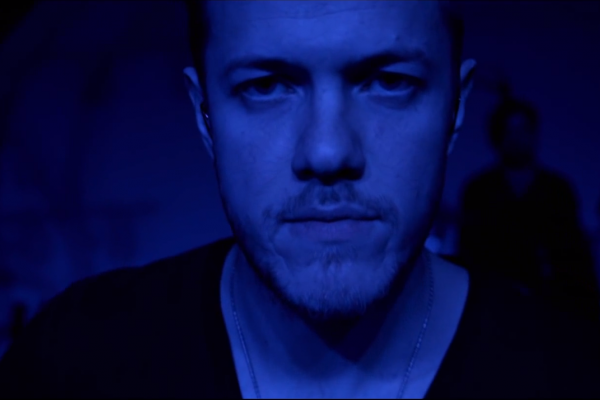Mar 7, 2014
“Jesus was led by the Spirit into the wilderness to be tempted by the devil.”
Thus begins the spiritual drama of Lent, the forty days before Easter that commemorates Jesus’ wilderness experience. No human, not even Jesus, can escape the temptation of the devil.
Just before Jesus was led into the wilderness, he was baptized in the Jordan River by John. As the Gospel of Matthew reports, when Jesus emerged from the water “a voice from heaven said, ‘This is my Son, my Beloved, with whom I am well pleased.’”
Jesus’ identity as God’s Son had always been true, but he received confirmation of his relationship with God at his baptism.
Read the Full Article

Already a subscriber? Login
